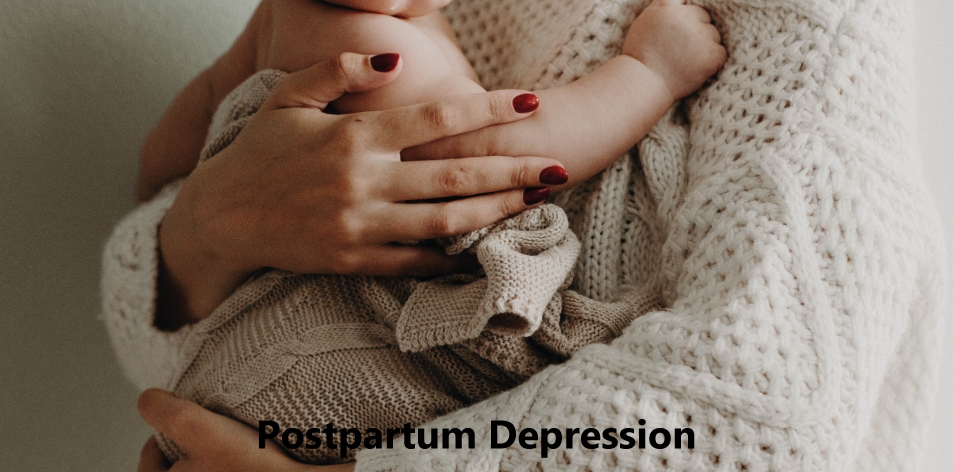
Postpartum Depression – By Shahela Sheikh
What Is Postpartum Depression? – Written By Shahela Sheikh
The phenomenon is many times overlooked as a mother adjusting to a newborn, however many do not understand what postpartum depression is?
Are you a mother to a newborn who feels sad about your situation, are you too tired, or do you feel over exhausted by your new duties? This article is just for you.
As we usher in mother’s day and appreciate each one of you, we look forward to being better mothers. However, most of us suffer in silence when it comes to raising a newborn, the sleepless nights, the patience to breastfeeding, nevertheless always questioning if you’re doing the right thing for you and your offspring.
Postpartum depression could be the reason why you feel all the above. We aren’t just talking of the “baby blues”; baby blues come with feeling fatigued, sad or little worried but usually disappear within a week or two once the mother has settled in. While the symptoms from postpartum depression sound the same as baby blues, it is actually more powerful and lasts longer.
Postpartum depression can actually be detrimental to your psychological wellbeing. The intensity of feeling is far worse and puts both the mother and baby at risk.
Could you be suffering from postpartum depression? What are some of the symptoms you need to look out for?
- You are exhausted, but unable to sleep
- You are always in fear or worried
- You feel out of control
- You can’t stop eating or have a sudden loss of appetite
- You cry a lot and feel sad most of the times
- You have problems in simple decision making
- Unexplained psychosomatic symptoms (e.g. aches and illnesses)
- Intense mood swings
- Suicidal thoughts
- Self-esteem diminishing thoughts
- Thoughts to kill or hurt your newborn
- Forgetfulness
- Disconnection from your newborn
- Self-isolation or avoidance
- Loss of interest or pleasure
- Hopelessness, guilt and worthlessness
Postpartum depression should not be taken lightly. If this goes unnoticed it could actually cause more harm. Mothers who experience this need intense therapy and sometimes are put on antidepressants to help them manoeuvre their situation. If you can identify the above symptoms then it would be good to seek professional help and aid in your transition to embracing your newborn while effectively developing coping mechanisms and self are strategies as well.
Shahela Sheikh – Psychologist
If you have any questions or issues regarding the above, write to us and our expert will get in touch with you!


